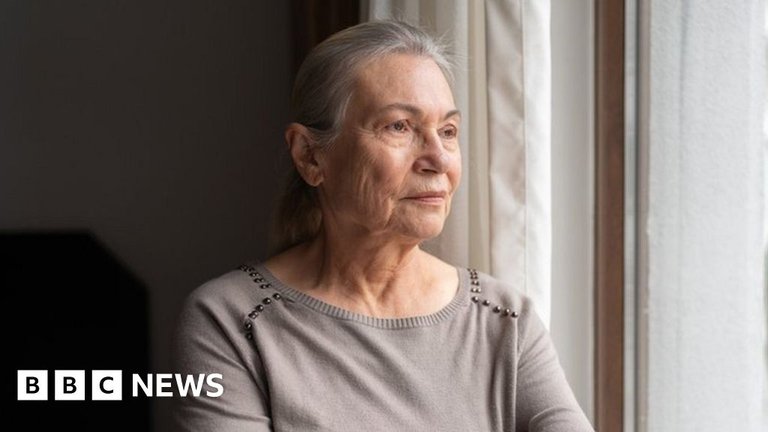What is assisted dying and how could the law change?
A proposed law in England and Wales aims to grant terminally ill individuals the option to end their own lives. This legislation would provide individuals with the autonomy to make end-of-life decisions and potentially alleviate suffering.
If enacted, the law would represent a significant shift in the approach to end-of-life care within the region, bringing up debates surrounding ethics, personal choice, and the role of medical professionals in such circumstances.

1/ Today, MPs will debate a bill to legalize assisted dying in England and Wales. This controversial topic stirs emotions, ethics, and opinions. Let’s break down the facts and explore its implications.
2/ What does the bill propose? The Terminally Ill Adults (End of Life) Bill allows terminally ill people to end their lives under strict conditions. It’s being presented by Labour MP Kim Leadbeater as a private member's bill.
3/ Key safeguards in the bill:
Applicants must be 18+, live in England or Wales, and be GP-registered for 12+ months.
They must have less than 6 months to live and demonstrate clear, informed consent.
4/ The process involves making two separate declarations to end life, both witnessed. Two independent doctors must approve, and a High Court judge must rule on each case. This ensures rigorous oversight.
5/ A 14-day waiting period is mandatory after approval. Doctors prepare the drug, but the individual must administer it themselves. The bill doesn’t specify which drug would be used.
6/ To prevent abuse, coercion into assisted dying is punishable by up to 14 years in prison. Advocates say these are the "strictest safeguards" worldwide.
7/ However, opponents argue these measures don’t eliminate risks. Vulnerable groups, especially the elderly or disabled, could face subtle pressure or feel like a burden to their families.
8/ Critics like Baroness Grey-Thompson worry about the impact on disabled individuals and the subjective nature of 6-month terminal diagnoses. These diagnoses are not always accurate..
9/ Actor and activist Liz Carr, who opposes the law, points to experiences in other countries where similar laws exist. She fears the ripple effects, particularly on marginalized communities.
10/ On the other hand, proponents highlight harrowing stories of terminally ill individuals who experience prolonged, painful deaths. They argue for dignity and compassion at life’s end.
11/ Campaign group Dignity in Dying notes that ~650 terminally ill people in the UK take their own lives annually, often in traumatic circumstances. They believe this reflects the failure of current laws.
12/ Internationally, assisted dying or euthanasia is legal in many places:
Switzerland: Assisted suicide has been legal since 1942.
Canada: Medical assistance in dying is permitted.
US: 11 states allow physician-assisted dying.
13/ Meanwhile, countries like Belgium, Luxembourg, and the Netherlands extend euthanasia rights to non-terminal cases. This raises questions about where to draw the line.
14/ In the UK, this debate has a long history. MPs last rejected similar proposals in 2015 by 330 votes to 118. The topic divides public opinion and political parties alike.
15/ This time, MPs have been granted a free vote. This means they can vote based on personal beliefs, not party lines. The outcome is uncertain, with opinions split across the political spectrum.
16/ Notable supporters include PM Keir Starmer and MPs with NHS backgrounds. However, high-profile figures like former PMs Boris Johnson and Gordon Brown strongly oppose the bill.
17/ Interestingly, palliative care, specialized care for terminal patients, is underfunded in the UK. Some critics argue this bill bypasses a deeper issue: improving end-of-life care for all.
18/ In Scotland, a similar bill is under discussion but faces hurdles. Scotland’s Health Secretary says such laws may require Westminster’s involvement, complicating its path forward.
19/ The global assisted dying debate is ultimately about balancing individual autonomy with societal ethics. Who decides when life is no longer worth living, and under what conditions?
20/ For terminally ill individuals like Dame Esther Rantzen, choice matters. She argues: "If life is unbearable, why deny people the option to die with dignity?"
21/ Whatever happens today, this debate isn’t going away. It challenges our views on morality, suffering, and personal freedoms. What are your thoughts?